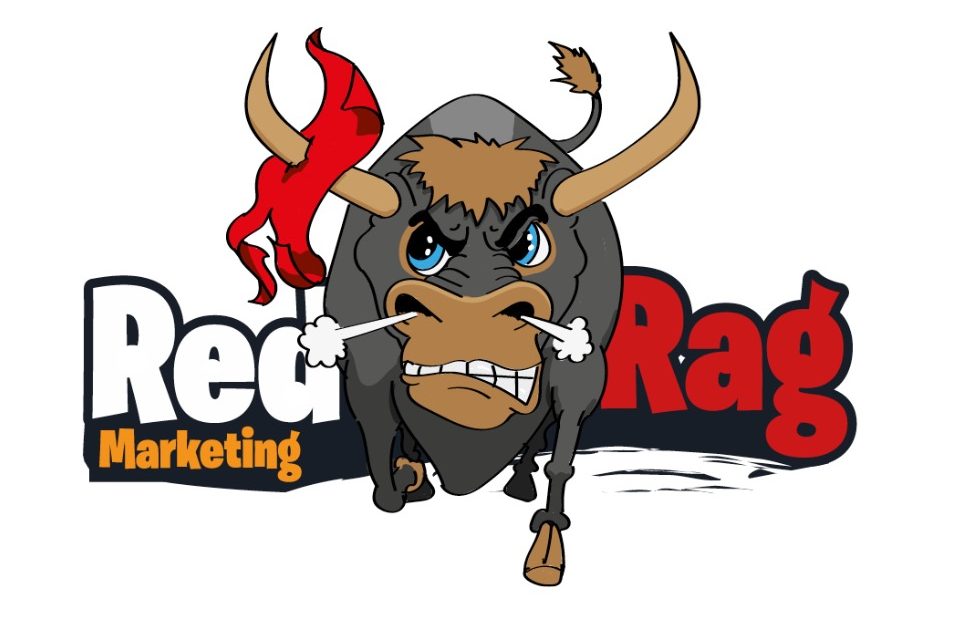When it comes to digital marketing, it is critical for your business that lead generation is at the forefront of whatever campaign you launch. You understand what lead generation means in the context of digital marketing.
The digital age has radically impacted the method in which we conduct our business transactions. Once upon a time, simply promoting your business in a newspaper or doing a flyer campaign and knocking on doors would be sufficient. However, there are many more possibilities available today.
With the help of numerous analytics technologies, you can now focus on your target audience and conduct an in-depth investigation into their habits. Similar to putting your data through an x-ray machine, this process is quick and painless.
When it comes to who you target, when you target them, and how you target them, you are in complete command. You can execute campaigns with extraordinary precision. By starting with the ultimate goal, the user, you may reverse engineer your efforts and better understand their effectiveness.
Keeping up with the times means businesses must constantly adapt and change to grow their digital marketing strategies.
The usage of social media and search engine marketing is now closely associated with the generation of leads. For brands to be visible and heard, both social media and traditional media are essential. Most marketing initiatives you see on the internet today are built on top of them, and they serve as the foundation for those activities.
How does a lead work?
A ‘lead‘ is typically someone who has expressed an interest in your business.
Potential clients are given the opportunity to contact your business via email, phone calls, or social media outlets to establish a line of communication with your business. Customers can obtain additional information about your business by enrolling in a trial or special offer you are currently offering or contacting you directly to inquire about it.
It is a long cry from the old-fashioned and predictable cold-calling approaches that have fallen out of favour in today’s society.
Consider the following scenario: you conduct a survey for a brand that you are enthusiastic about. In exchange, you receive a promotional voucher that can be used at participating stores in your area. The only thing they ask in exchange for the discounted deals is your contact information, most likely because they want to stay in touch with you or even sell you their items.
In exchange for that promotional certificate, you’ve provided the firm with your contact information and given them the option to sell their product to you. The fact that they’ve warmed you up will help you have a better initial chat with them.
From the business’ perspective, the information you offer in exchange for your promotional coupon is gathered and used to inform more tailored and meaningful marketing communications with you as a possible client in the future. This assists the business in reducing wastage so that they don’t waste valuable time on prospects who aren’t interested in your products or services.
The purpose of lead generation in digital marketing
It is possible to divide lead generation into basic sets of marketing actions carried out in conjunction with the customer’s purchase experience to produce new leads for a business.
The ultimate objective is to increase website traffic to the business’ website so that website visitors may be converted into leads and customers if necessary.
There are numerous ways in which you might produce leads from your digital marketing efforts. This could be accomplished through contact forms, someone seeing your logo, hearing that you’ve done an excellent job through referral feedback and social media mentions, or someone subscribing to your newsletter.
How important is lead generation in digital marketing?
The expansion of your business will require customers. Customers are attracted to businesses through marketing and advertising. This is accomplished through the use of digital advertisements or word-of-mouth on social media platforms.
Once a lead has been generated, it is often forwarded to the sales team, who will work to develop the relationship and, hopefully, turn it into a paying customer. It is possible to accomplish this in a variety of ways. However, it is preferable to have a robust and dependable system in place to monitor things properly and determine what works best in your sales funnel.
It is now possible to reach a larger audience with social media advertising by utilising the most recent technological advancements to spot trends and analyse client patterns, making it more cost-effective. Because of advances in data analysis technologies, it has never been easier for businesses to target their potential clients through social media advertising.
Invest in a Social Media Marketing Agency for your Lead Generation campaign today.
Digital marketing organisations often specialise in connecting their clients with leads, but capturing leads for their businesses is a whole different ball game. With the necessary lead generation campaigns for digital marketing companies and appropriate automation technologies, the process becomes much more simplified and effective.
If you want to accomplish your business goals, it is critical that you partner with a social marketing agency with a proven track record of successful results.
You Might Be Interested: What Does A Social Media Marketing Agency Do?




